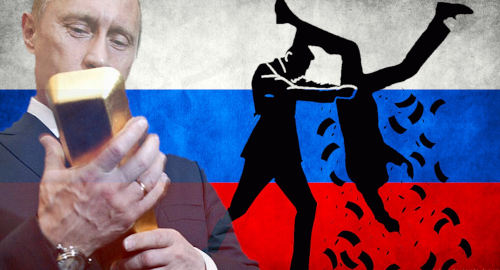
Russia’s licensed online sports betting operators contributed a record sum to local sports bodies in 2020, despite the months-long shutdown of most sports activity due to COVID-19.
On Monday, the First Self-Regulatory Organization of Russian Bookmakers (First SRO) announced that its members contributed RUB923m (US$12.15m) to Russian professional and youth sports bodies in 2020. That’s 60% higher than the total RUB577.3m that First SRO members contributed to local sport in 2019.
The quarterly contributions painfully reflect last year’s pandemic-related disruption to sports schedules, as Q1’s total of RUB118m slipped to just RUB79m in Q2 before rebounding to RUB149m in Q3 as major league play resumed.
But new laws that took effect at the end of Q3 required heftier contributions from Russian bookmakers by extending the levy to bets placed on international sports. The result was a total contribution of RUB577m, nearly four times Q3’s sum.
To understand the impact of the new rules, consider that First SRO members’ Q4 sports kickbacks equaled those made in all of 2019, a year that suffered no pandemic upheaval. The 2019 figure was itself a significant rise on 2018’s RUB421.5m contribution.
Russia’s other betting industry association, the Bookmakers SRO, recently reported that its 11 members contributed over RUB1.3b to sports last year, more than twice the RUB577.6m they forked over in 2019.
Russia’s leading betting operator Fonbet, a Bookmakers SRO member, contributed the bulk (RUB818m) of the association’s total outlay. The bulk of Fonbet’s 2020 contribution (RUB703m) came in Q4, representing a nearly nine-fold increase from Q4 2019.
All told, Russia’s bookmakers combined contributions to sport in 2020 totalled RUB2.25b, twice the 2019 contribution.
Incredibly, Russian bookmakers’ troubles are only just beginning, as the government is demanding even greater sports contributions this year. A law approved on December 30 imposed a new 1.5% tax on betting turnover, with the funds deducted at source by a new centralized payment processing hub (that will replace the two existing hubs through which all betting payments must be made).
The law established the creation of a Unified Gambling Regulator, which is expected to assume oversight of the Russian betting industry by October 9. The new regime also calls for the winding down of the two rival SROs, but at least one of them appears determined not to bow out gracefully.
Two weeks ago, Russian affiliate Bookmaker Ratings quoted First SRO president Nikolai Oganezov saying the group had voted to continue advocating on behalf of its members after the new regulator is up and running.
Oganezov said government agencies weren’t in the habit of relaying the same information to each individual bookmaker, creating the need for “a competent and professional representative who can speak in the common interests on behalf of the business.” Oganezov said he wasn’t bothered by the SRO’s loss of status, saying “the main task is efficiency, not status.”





